Upon arrival to the airport in San Cristobal Island, you will be transferred to Seaman Journey Catamaran at the bay. After settling in the yacht and lunch, the first visit will be to San Cristobal Interpretation Center, the oldest museum of Natural History in Galapagos, where you will be able to learn about the formation and colonization of the island and the conservation efforts that have been done during the last years to preserve the endemic species of the archipelago.
Full itinerary map here: http://bit.ly/seaman-12-days
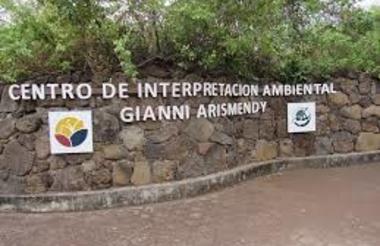
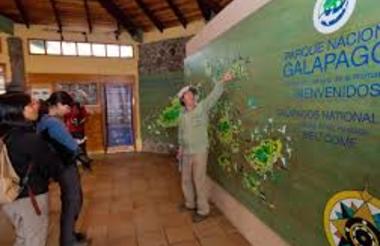

Early in the morning head to the Galapaguera at San Cristobal Island, which is a good place to observe Galapagos tortoises in its natural habitat. After lunch, you will visit Witch Hill, a beautiful white coral beach where you can swim and snorkel. You can also watch various species like blue-footed boobies, Nazca boobies, herons, frigate birds, and shorebirds. Furthermore, you will see the Galapagos turtles and with luck, the little bird known as thePájaro Brujo in Spanish, an endemic species in San Cristobal Island.
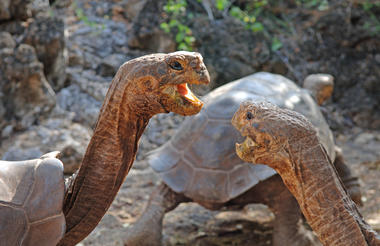

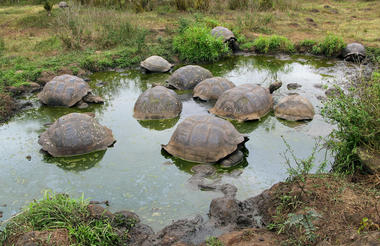
After breakfast, you will land at Gardner Bay in Española Island. This place offers you the opportunity to swim, kayak or just relax at the beach. You can also observe sea lionsfrom close, and sea sharks swimming along the bay. In the afternoon, head to Point Suarez, a basaltic cliff which forms a blowhole wherewater sprays high into the air. A hike to the top makes a great opportunity to take spectacular pictures. You can also watch sea lions, sea birds, Marine Iguanas, masked and blue-footed boobies, among others. After this visit, head back to the yacht for dinner.
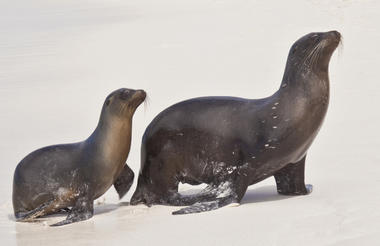
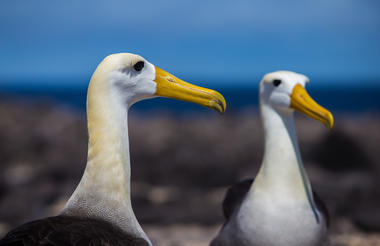
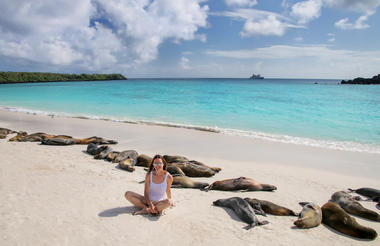
Early in the morning, head to Floreana Island, your first stop will be Cormorant Point, where you will be welcomed by a green sand beach that contains olivine crystal, and a white coral sand beach. You will also visit Champion Islet. After lunch, the yacht will take you to Post Office bay, that was established in the 18th century by British whalers to send letters to and from England, and even today, visitors have the opportunity to send letters of their own.



After breakfast you will land at Santa Cruz Island and visit to Charles Darwin Research Station where you will learn about the protection and conservation of the island, and visit the Breeding and Rearing Centre for young tortoises and adult Galapagos tortoises in captivity. After lunch, you will head to Santa Cruz Highlands, where you will admire the island ́s variety of life and geology, and you will have the opportunity to observe the wild Galapagos Tortoises in their natural habitat. End of the day and dinner onboard.
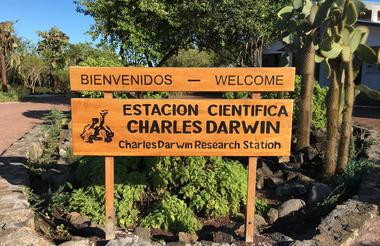
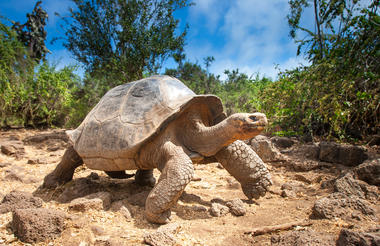
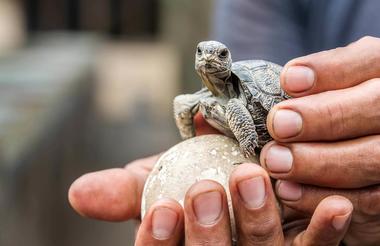
After breakfast, you will disembark at Fernandina Island, specifically Mangle Point, which is a perfect site for snorkeling and a nice location for riding a zodiac though a grove of mangrove trees, where you will spot sea lions, tortoises, pelicans, among other species. Next activity will be heading to Moreno Point, located between volcanoes Sierra Negra and Cerro Azul, where you will take a trail along a solidified lava flow, to a coastal lagoon where several species of birds can be found.



The first visit during this day will be to Urbina Bay, located at the base of Alcedo Volcano. This is a great place to snorkel, and spot native species like land iguanas, Darwin ́s finches and Galapagos Tortoises. After lunch, you will head to TagusCove, located west of Darwin Volcano on Isabela Island and used to be a favorite hiding spot for pirates and whalers. After this activities head back to the yacht for dinner.



Early in the morning, you will head to Espinoza Point at Fernandina Island, that is one of the youngest islands with the most active volcano, and where you can spot pelicans, marine iguanas, and flightless cormorants. During the afternoon, head to Vicente Roca Point, this site is a large bay with spectacular sea life. Keep an eye out for seahorses, sea turtles, and the strange yet fascinating Mola mola (or sunfish). After the end of the activities head back to the yacht for dinner.



Early in the morning, head to Espumilla Beach where you can see playful sea lions, fur seals and various species of seabirds. This is also a good place to snorkel. After lunch, you will go to Egas Port, also known as James Bay, on Santiago Island which main attraction is a black sand beach, and is also home to the curious Galapagos hawks and quick-footed Galapagos lava lizards.
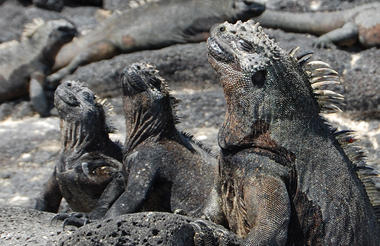
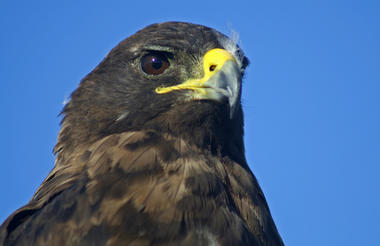
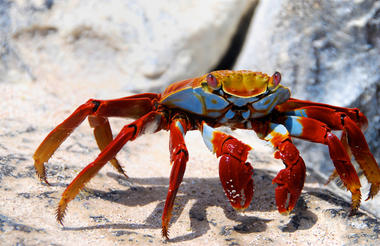
After breakfast, you will visit Rabida Island one of the most colorful and volcanically varied islands, due to its red sand beach in the archipelago and also a great snorkeling site. In the afternoon, you will visit the Chinese Hat Islet. Its name comes from the distinct shape of the islet’s summit. This place is a great location to view many geological formations such as lava tubes and lava flows you can also spot colonies of sea lions and marine iguanas here.



Early in the morning, you will go to Sullivan Bay on Santiago Island, the fourth largest island on the Archipelago, which is a volcanic active island, and where you will have the opportunity to watch the young lava flows and lava cones recently solidified. After lunch, you will visit Bartolome Island, famous for its Pinnacle rock and its beautiful landscapes where you can take amazing pictures. You can also practice snorkel at this island. End of the activities and dinner on board.
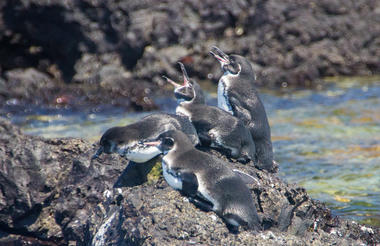
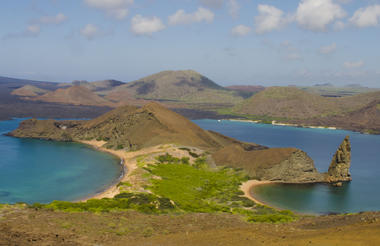

Breakfast
Lunch
Dinner
Early in the morning, head to Bachas Beach on the north shore of Santa Cruz. This place is one of the few remnants of the U.S. World War II presence in the Galapagos, where you can also see species like flamingos, hermit crabs, and sea turtles. After this activity, you will be transferred from the boat to Baltra airport to take your flight back to the continent.


Breakfast







